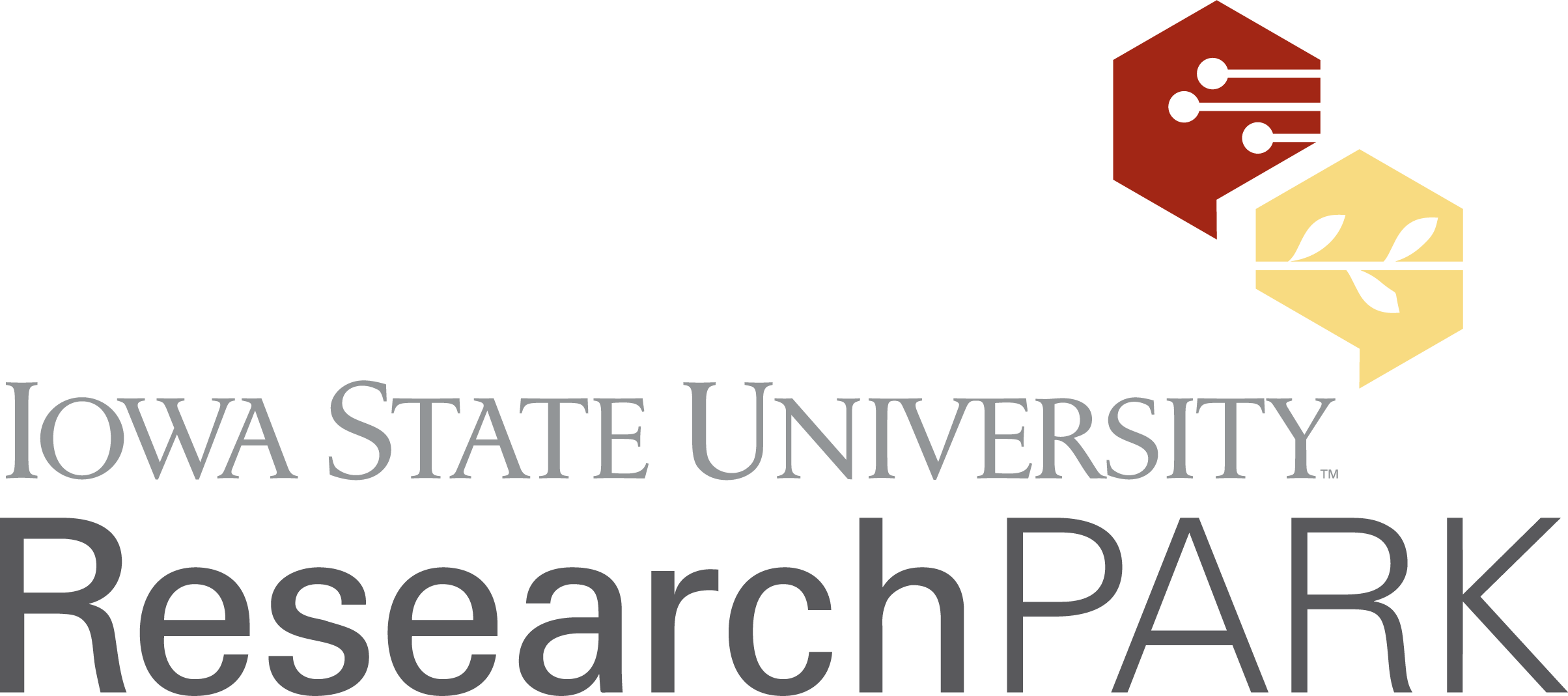By
Gross-Wen Technologies, a biotechnology company based at the Iowa State University Research Park, is one of two Iowa companies to secure a share of $7.4 million in a new round of research and development grants from the U.S. Department of Agriculture.
USDA Secretary Tom Vilsack announced the new funding for 76 agricultural technology companies across the country during a conference call with reporters on Wednesday. The funded projects include specialized drones designed to aid farmers and wildlife experts with conservation efforts, to Urbandale-based Accelerated Ag Technologies, which received $99,769 to research pollen preservation in hybrid corn seeds.
Gross-Wen received $100,000 in grants from the recent round to further develop their process of extracting waters pollutants like nitrogen and phosphorus out of wastewater using algae. Gross-Wen co-founder Martin Gross said their system uses a rotating drive to grow algae faster and extract more water pollutants out of the wastewater.
“We’re trying to industrialize nature with the algae,” Gross said.
Currently, Gross-Wen is working on converting the nutrient-rich algae from the water into a renewable slow-release crop fertilizer, which could disrupt a fertilizer market filled with fertilizer derived from petroleum and other non-renewable resources.
Gross-Wen has already piloted their technology in the Slater water system, and they’re also working on potentially implementing their process with the Metropolitan Water Reclamation District of Greater Chicago. That District treats 1.3 billion gallons of water from the city and its outlying suburbs each day, making it the largest wastewater treatment division in the world.
Gross said the company is still researching their process to make sure it can pass scrutiny from various environmental regulatory groups.
Vilsack emphasized the role of ag-tech companies in the overall economic recovery of rural communities after the 2008 recession, citing a new USDA report claiming food insecurity for American children has reached the lowest level on record. According to that report, food insecurity in the U.S. declined from 14.9 percent of the population to 12.7 percent. In other words, an estimated 7.9 million people reached food security over the past year.
“Rural America is finally on the road to recovery after one of the worst economic recessions in our history,” Vilsack said. “We cannot underestimate the role that small businesses’ innovation has played in bringing jobs back to their hometowns.”
However, he did acknowledge ongoing challenges in the broader agricultural market. According to the Ag Economy Barometer, a monthly survey of 400 U.S. farmers completed by Purdue University and the CME Group futures market, farmer confidence declined to 95 points in August from 112 in July. The report cites ongoing price declines in agriculture commodities, including a possibility of reaching the lowest corn prices within the last decade, as the main driver of farmer uncertainty.
The Gross-Wen grant is separate from another USDA grant to Boone-based Iowa Microloan, which secured $99,000 to develop an agricultural technology accelerator for companies based in small towns around Iowa.
Read at AmesTribune

